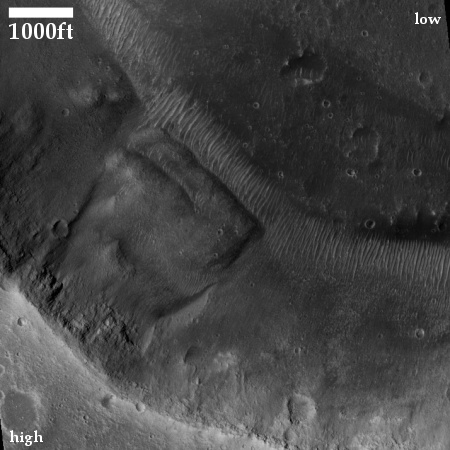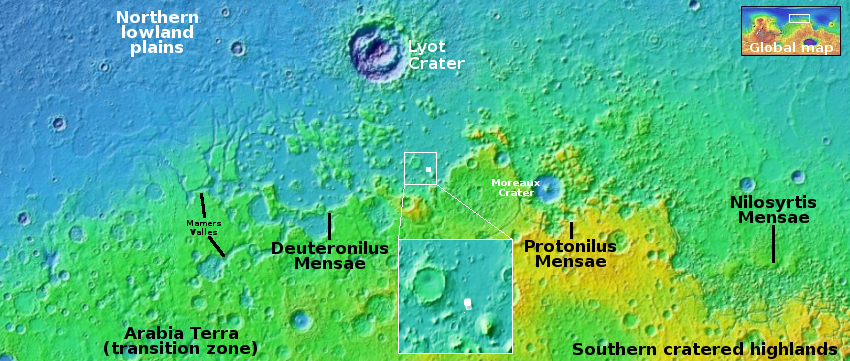India schedules Gaganyaan launch abort test for October 21st
India’s space agency ISRO has now scheduled the first unmanned launch abort test of its Gaganyaan manned capsule for October 21, 2023.
The test Crew Module (CM), according to the statement, will be akin to the pressurized module that’ll hold crew members during their ascent to space — this version, however, will be unpressurized. It will be launched via a single-stage liquid rocket specifically developed for this mission that will simulate an abort scenario; the true CM, by contrast, will ride atop a 143-foot-tall (43.5-meter) Launch Vehicle Mark-3 (LVM3) rocket with a solid stage, liquid stage and cryogenic stage. The latter recently received human safety certifications, R. Hutton, project director of the Gaganyaan mission, said during a conference last month.
At present ISRO is targeting 2024 for the first manned mission, but that target date remains very uncertain.
India’s space agency ISRO has now scheduled the first unmanned launch abort test of its Gaganyaan manned capsule for October 21, 2023.
The test Crew Module (CM), according to the statement, will be akin to the pressurized module that’ll hold crew members during their ascent to space — this version, however, will be unpressurized. It will be launched via a single-stage liquid rocket specifically developed for this mission that will simulate an abort scenario; the true CM, by contrast, will ride atop a 143-foot-tall (43.5-meter) Launch Vehicle Mark-3 (LVM3) rocket with a solid stage, liquid stage and cryogenic stage. The latter recently received human safety certifications, R. Hutton, project director of the Gaganyaan mission, said during a conference last month.
At present ISRO is targeting 2024 for the first manned mission, but that target date remains very uncertain.









